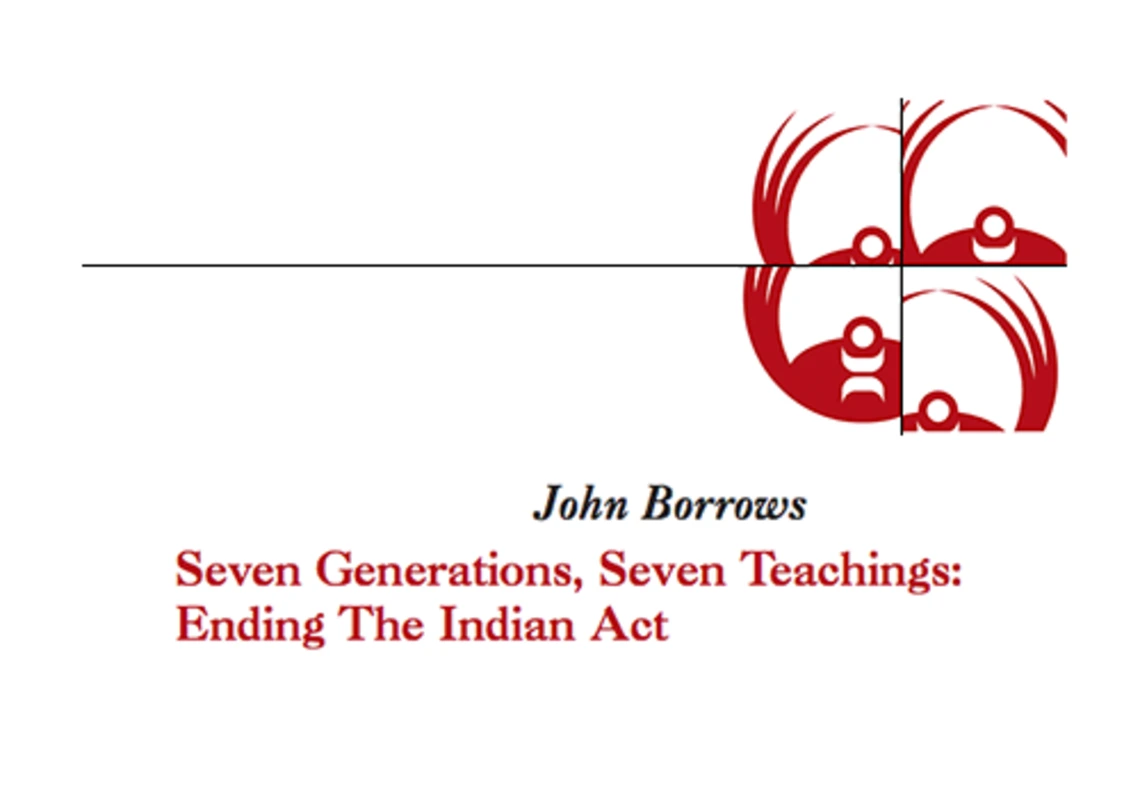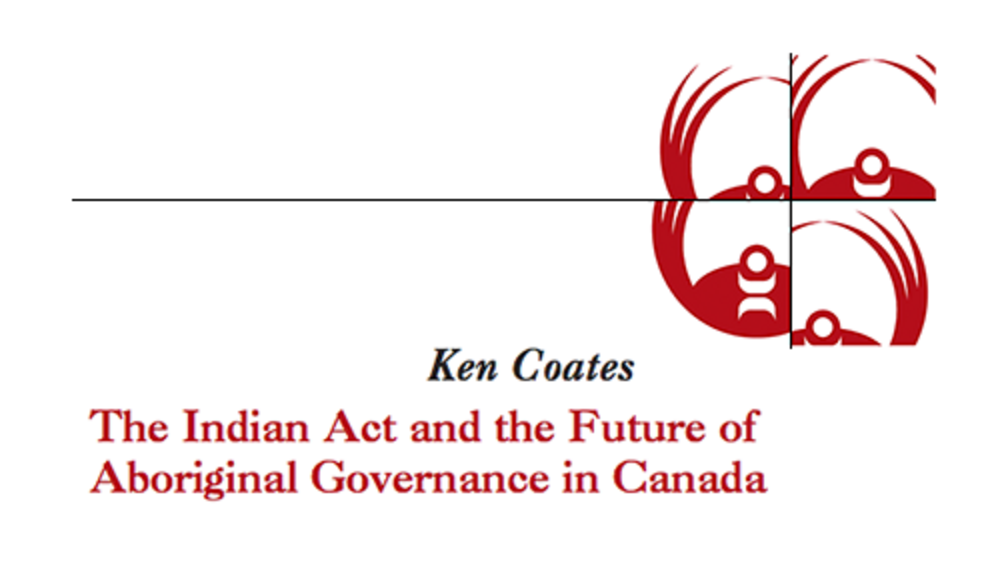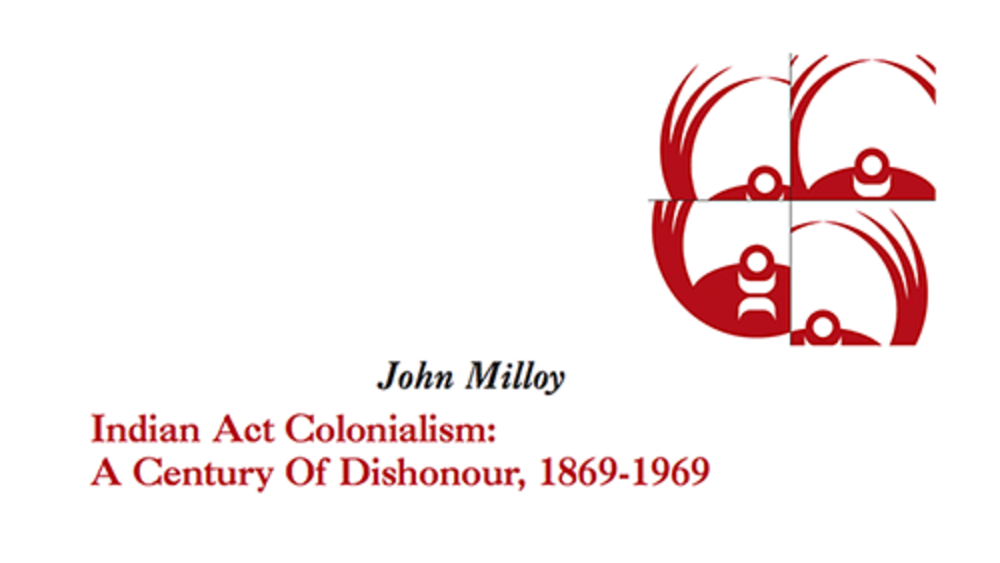Six generations have passed since the Indian Act was introduced and the seventh generation, now rising, will be healthier and our communities will enjoy more freedom if we assist them in getting rid of the Indian Act. Communities and the next generation can overcome the Indian Act’s hold over all aspects of their life by following their own fundamental teachings. Following his own Anishnabe teachings of the Seven Grandfathers, John Borrows demonstrates how these seven principles can guide action towards lessening this hold of the Indian Act on First Nations.
Additional Information
Borrow, John. "Seven Generations, Seven Teachings: Ending the Indian Act." Research Paper for the National Centre on First Nations Governance. National Centre for First Nations Governance. Canada. May 2008. Paper.



